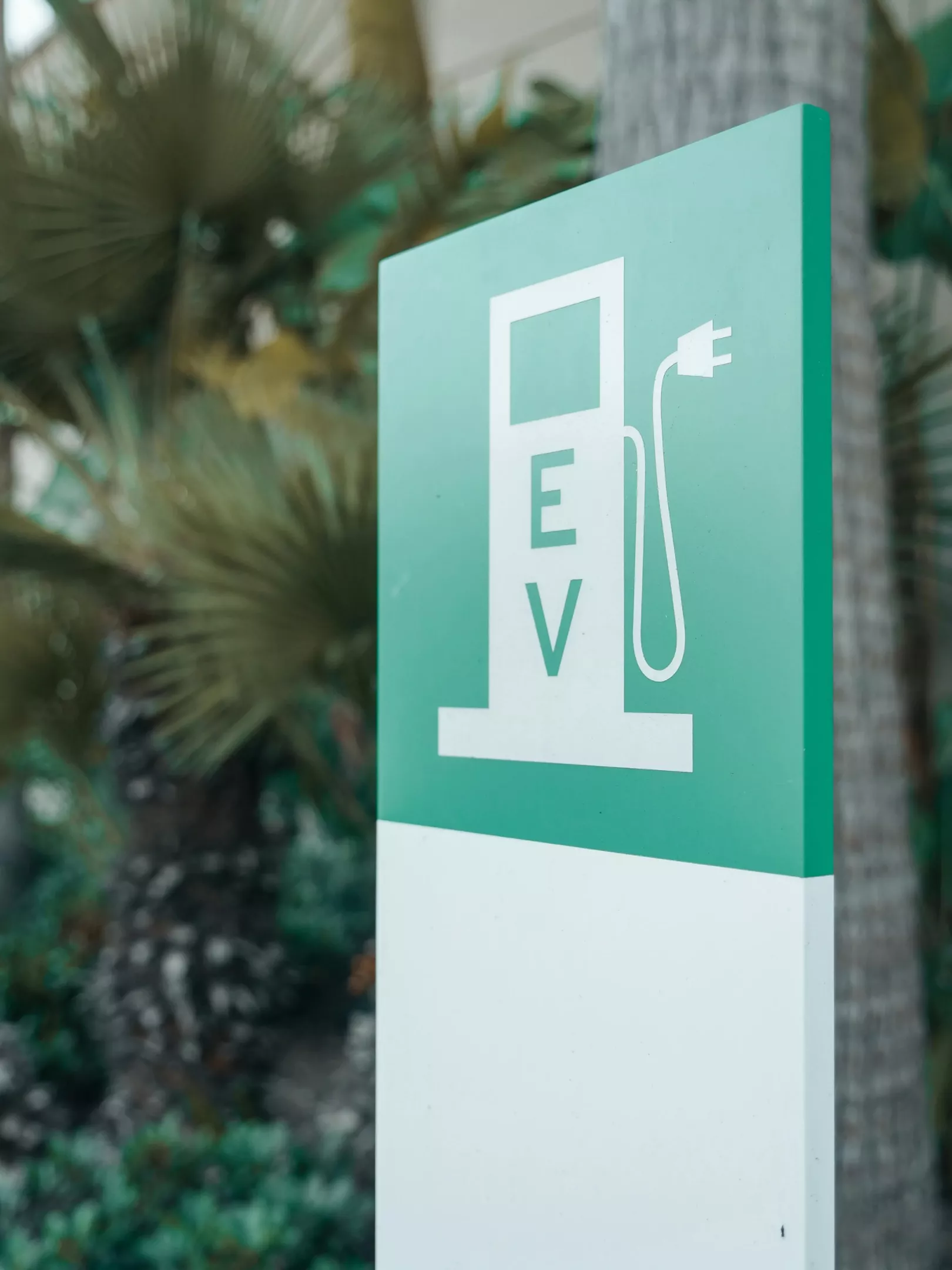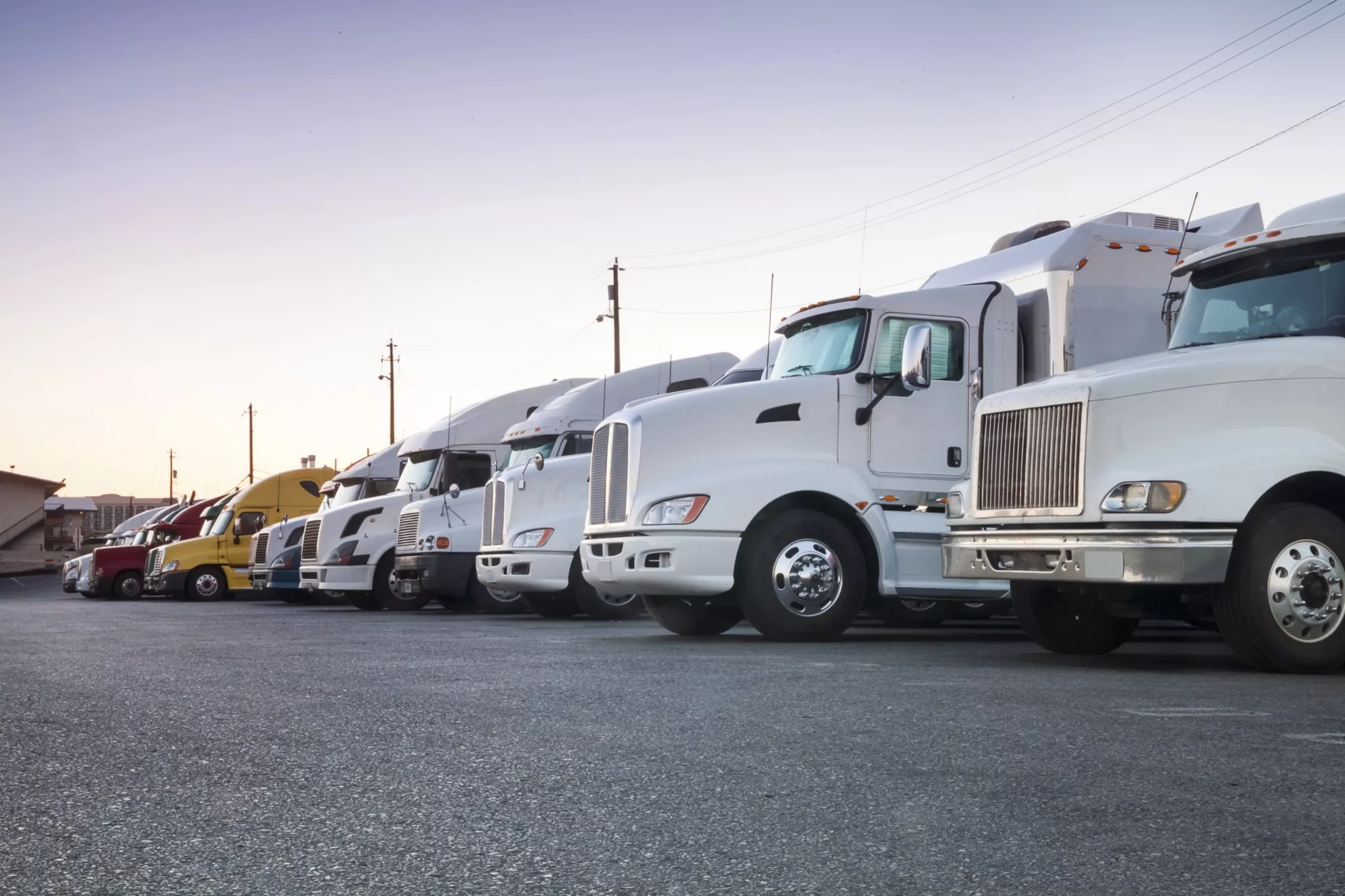When you’re starting a career in the transportation industry, deciding between an electric truck and a gas truck is a significant consideration. Electric vehicles (EV) are an eco-friendly option that provides a range of benefits, especially in the context of the global shift toward sustainability. In addition, they can save money on fuel. At the same time, gas trucks still hold their ground, especially for long-haul or heavy-duty deliveries.
We’re reviewing the critical factors, including performance, necessary infrastructure, costs, and environmental impact, of both options. A deep understanding of the pros and cons of electric and gas vehicles can ensure you’ll make informed and suitable decisions.

Key Criteria to Compare Electric and Gas Trucks
When comparing electric pickup trucks vs gas trucks, you should look at a range of key criteria that influence day-to-day usability, long-term value, and overall performance. From capacity to practicality, understanding these factors will clarify which type of truck is suitable for your needs.
Performance and Power
The performance of electric trucks vs gas trucks differs due to their engines. For instance, electric motors have an instant torque that provides quick acceleration and smooth handling. Their performance relies on battery capacity. For instance, trucks with larger batteries can be more reliable and provide higher efficiency. This feature is especially beneficial in urban areas, where stop-and-go traffic is common and quick response times are vital.
As for gas trucks, they can be more powerful when it comes to high-speed or extended driving. Their internal combustion engines are built for long-haul deliveries. For carriers who drive on highways for hours or regularly handle heavy loads, gas trucks can be a preferable option. However, as battery technology advances, electric pickup trucks are able to match or exceed trucks in terms of range and load capacity.
Fueling vs. Charging Infrastructure
One of the primary considerations in the electric truck vs gas truck is the availability of fueling or charging infrastructure. Gas vehicles have a well-established refueling network, with gas stations accessible almost anywhere. This allows gas vehicle drivers to plan long trips without concerns about refueling.
Electric trucks rely on charging stations that are more limited. In addition, EV drivers should consider the type of charger they use. For instance, Level 1 charges take several hours to charge a vehicle fully, while Level 3 can charge an electric truck in less than an hour amid their DC fast chargers. Charging infrastructure can be found easily in urban areas or on major highways. However, truckers in rural areas or on long-haul transportation may face challenges finding options for a fast charge.
Cost and Incentives
One of the major aspects of choosing between an electric vehicle and a gas vehicle is understanding the costs involved. While electric trucks vs gas trucks seem more expensive, they can provide long-term savings. Electric vehicles have fewer moving parts, which means less maintenance. Additionally, electricity is cheaper than gasoline, providing savings on fuel.
Some states may also offer tax credits, grants, and rebates to reduce the initial cost of purchasing an electric commercial vehicle and encourage an eco-friendly choice. This makes electric trucks more accessible, especially for fleet managers looking to reduce overall operational costs. At the same time, gas vehicles are a more affordable option with lower upfront costs, making them easier to purchase initially. In contrast, they involve more ongoing expenses for fuel and maintenance.
Differences Between Electric and Gas Trucks
When choosing between an electric and gas truck, it’s crucial to understand their specific differences. From performance to fueling and cost considerations, each type can offer a range of unique advantages and challenges.
Performance and Power Comparison
Performance and power are critical aspects in choosing a vehicle for your operations. Electric vehicles offer a quiet and smooth driving experience with powerful torque. This makes them ideal for city driving or routes where quick acceleration is needed. Since electric trucks lack traditional engines, they also tend to operate more quietly, reducing noise pollution.
In contrast, gas vehicles offer more efficient performance for long hauls. They may need a longer time to accelerate, but their engines are designed to handle heavy loads and long distances. Carriers may prefer its rugged reliability, especially for roads that require high endurance over long stretches.
Fueling vs. Charging Infrastructure
Another significant difference between electric and gas trucks is the needed infrastructure. The gas network is more widespread in both urban and rural areas. Thus, truckers who travel across states or into less-populated areas may prefer gas trucks amid the availability of gas stations.
Electric trucks, while advancing, still rely on a growing charging network. Urban centers and major highways are seeing more stations pop up, but in rural areas, finding a facility to charge your vehicle can be a challenge. However, as the electric infrastructure grows, the gap between electric and gas trucks will continue to narrow.
Cost Considerations
A comparison of an electric truck and a gas truck involves considering the purchase price and expenses for both options. While electric vehicles tend to be more expensive upfront, their operating costs are often lower. Electricity is cheaper per mile compared to gasoline, and electric trucks require less maintenance as they have fewer parts that need servicing.
Gas trucks have a lower purchase price that can make them more accessible for owner-operators or small businesses. Still, they tend to have higher ongoing expenses due to fuel prices, oil changes, and engine repairs. Over time, electric trucks can save owners money, especially as more government incentives and tax credits are offered to support EV ownership.
Environmental Impact
One of the most discussed advantages of electric trucks is their environmental impact. Electric trucks provide zero greenhouse gas emissions, making them a cleaner option for reducing air pollution. In urban areas with high traffic, they help improve air quality, contributing to lower environmental impact. Electric trucks offer clear benefits for companies and truckers who aim to establish a green reputation or comply with emissions regulations.
Gas trucks produce more CO2 emissions, contributing to pollution. While modern gas trucks are more fuel-efficient than older models, they still have a greater environmental impact compared to electric trucks. This is a significant factor for fleet owners or companies focused on sustainability.
Practicality for Fleet Owners and Drivers
Fleet owners, when deciding between an electric truck and a gas truck, often rely on practicality. Electric trucks offer long-term cost savings and appeal to eco-conscious clients. In addition, companies with urban delivery routes can benefit from electric pickup trucks’ efficiency and quiet operation. Electric vehicles also simplify compliance with environmental regulations.
At the same time, fleet managers and carriers with routes in rural areas or heady-duty transportation may benefit more from gas trucks. They are well-suited for diverse driving conditions and provide dependable performance across long distances. Balancing these practical needs is essential for fleet owners when determining whether electric or gas trucks best suit their business needs and goals.
Adoption Trends and Market Outlook
Nowadays, the logistics industry is shifting toward eco-friendliness. Thus, adoption trends show a growing interest in electric trucks. Policies encouraging electric vehicle adoption and improvements in EV production contribute to this shift. In addition, in recent years, automakers have invested in developing powerful electric trucks that can compete with traditional gas models in terms of range, performance, and cost.
However, gas trucks remain dominant in areas where infrastructure, heavy-duty needs, and high-speed capabilities are prioritized. As electric charging facilities expand and battery production improves, the market is expected to see an increase in electric truck adoption over the next decade.
Conclusion
Choosing between an electric or gas truck depends on your individual needs, routes, and priorities. While electric trucks offer environmental benefits and long-term savings, gas trucks remain a practical and affordable choice for those who prioritize the availability of refueling and consistent performance on long-haul trips.
Electric vehicles offer instant torque, lower fueling costs, and reduced maintenance needs. This makes them appealing to fleet owners and carriers with local or urban roads. In addition, battery technology continues to evolve, providing more energy-efficient options for a sustainability strategy and proving that carbon neutrality is a priority.
Gas trucks, however, offer significant advantages for carriers who cover long distances or operate in areas without charging stations. Gas vehicles are easy to refuel anywhere amid reliable access in rural areas. They also provide the sustained energy needed for high-speed, heavy-duty driving, which can be critical for specific types of freight or challenging terrains.
Thus, the decision between an electric truck and a gas truck is a matter of aligning the strengths of each type with your specific needs. Whether you’re prioritizing cost-efficiency, environmental impact, performance, or reliability, understanding the unique benefits and limitations of each truck type can help you make a confident choice.







